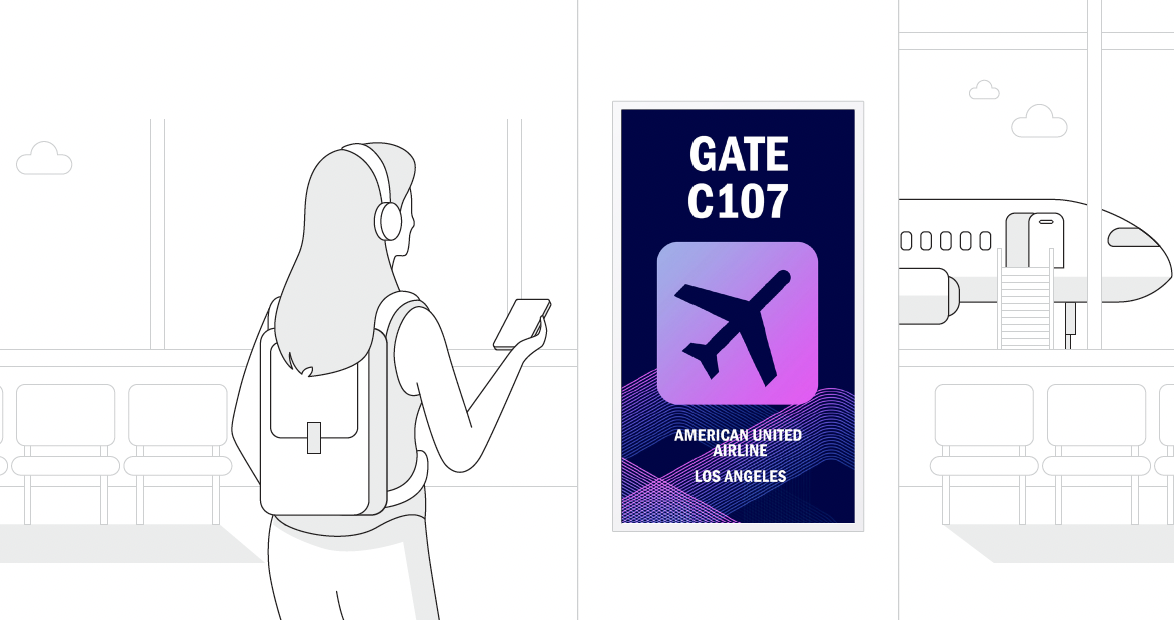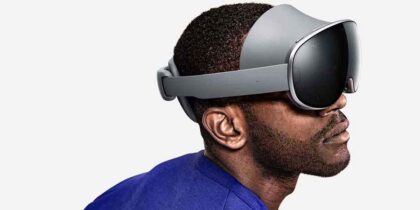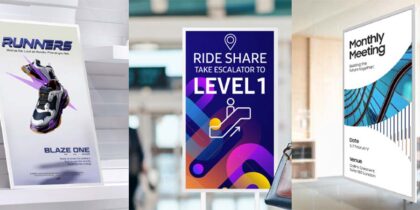Retail leaders investing in stellar customer experiences recognize that after-sale support is a key component of the end-to-end brand encounter. In fact, “enabled by the Internet of Things, [leaders] see after-sales service as a critical driver of the customer experience,” according to a study by Accenture. These “leaders,” as identified by Accenture, are investing in field service processes and tools, such as business tablets, that provide mobile field support teams with easy access to rich customer and product information, giving them the knowledge they need to handle almost any after-sale matter.
Accenture generally defines “customer experience” as how customers perceive the entirety of interactions they have with a company across all sales and marketing ― as well as service ― touch points. Its study found that twice as many “leaders” as “strivers” say they’ve “significantly increased their investment in the past two years in [channels including] field service capabilities, the contact center, training for the sales and service workforce, and legacy CRM systems.”
The report indicated that six in 10 “leaders,” compared with one-third of “strivers,” believe after-sales service is important to the delivery of an optimal customer service experience: “To Leaders, service is by far the most important point in the customer life cycle. They also are more likely than Strivers to understand that in the coming years they will need to reinvent the service and support they provide … to keep up with customer experience expectations.”
Despite the increased attention to this component, consumers still want after-sale support much faster, and from more knowledgeable employees. According to an SDL survey featured in RetailWire, “consumers most often ascribe their ‘worst’ customer experience (CX) failures to the post-sale support of the customer journey stage. Long waits/poor response times (35 percent), ‘unempowered’ employees (31 percent) and poorly trained employees (30 percent) were the most commonly cited reasons for [these] failures.” In addition, the survey found that “only about one in five customers experiencing a ‘worst CX’ event will consider doing business with the company again.”
Business Tablets Help Enrich After-Sale Support
The business tablet can provide retail after-sale support teams with the speed, empowerment and increased knowledge consumers are demanding ― especially since, in a digital age, these teams aren’t always chained to a desk. Armed with instant access from anywhere to data including the specific customer, their purchase, products and their usage ― and the ability to search instantly for related answers ― after-sales teams can enrich the service they provide. From resolving customer issues to sales enablement and other capabilities that help win customers back, tablets in the hands of behind-the-scenes support teams can turn the “worst” customer experiences into the best.
Tablet Growth in the Enterprise Segment
This after-sale scenario is one of many areas expanding the market for business tablets. In an article published in Forbes, J.P. Gownder, a vice president and principal analyst for Forrester Research, reported that companies are significantly increasing their tablet purchases. According to Gownder, “Our forecast shows that enterprise tablets are growing as a percentage of the market, from 6% in 2010 to 20% by 2018. These tablets … are generally purchased and managed by the company on behalf of employees, who might receive them individually or, in other use cases, share the devices.”
Gownder wrote that tablet growth in the enterprise segment is being driven by many different factors, among them:
- Tablets fit in a variety of fields. Not all workers are desk-bound, and tablets are an ideal option for many different professions, such as remote employees or those working in the field. The increase in tablet usage among diverse sectors of the workforce “expands the addressable market for enterprise tablets significantly,” according to Gownder.
- Workers want tablets. “Workers themselves say they value tablets,” Gownder wrote. “And many companies now co-opt the energy of consumerization … by providing company-owned devices.”
In the retail segment, where the customer journey extends far beyond the sale, the use of business tablets to advance after-sale service can be a critical driver of stellar end-to-end customer experiences.
Learn more about how tablets are enhancing the customer experience by creating more interactive environments in settings ranging from retail to hospitality.








